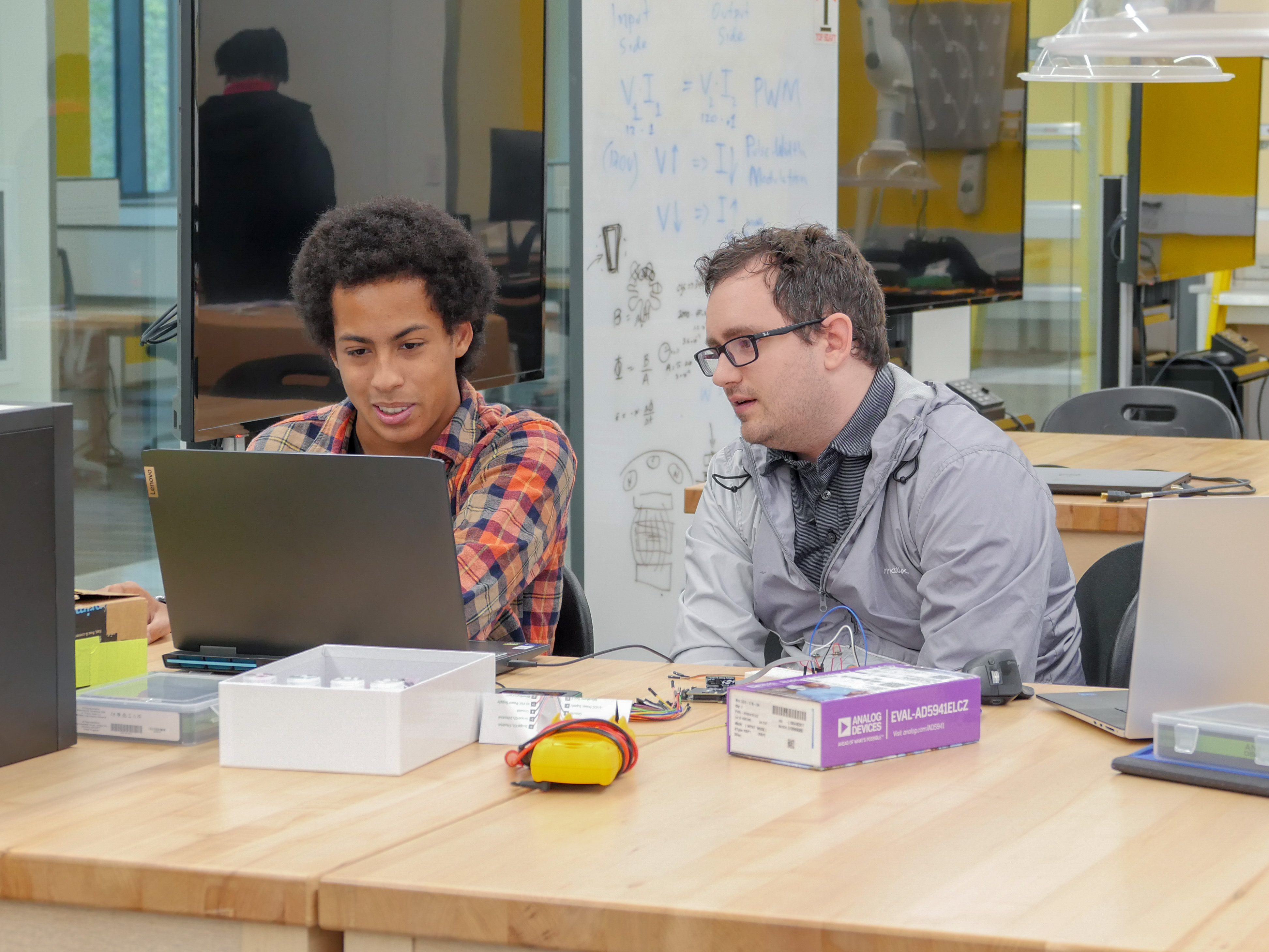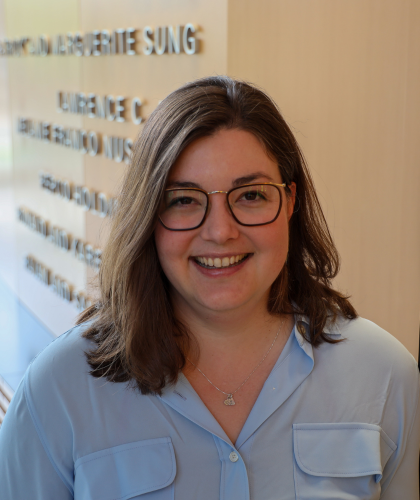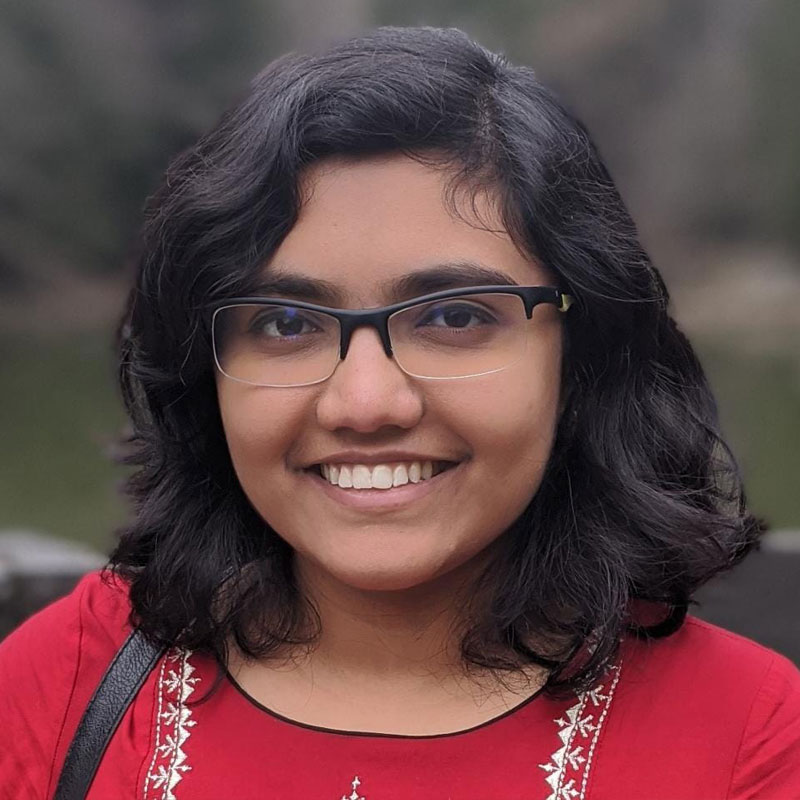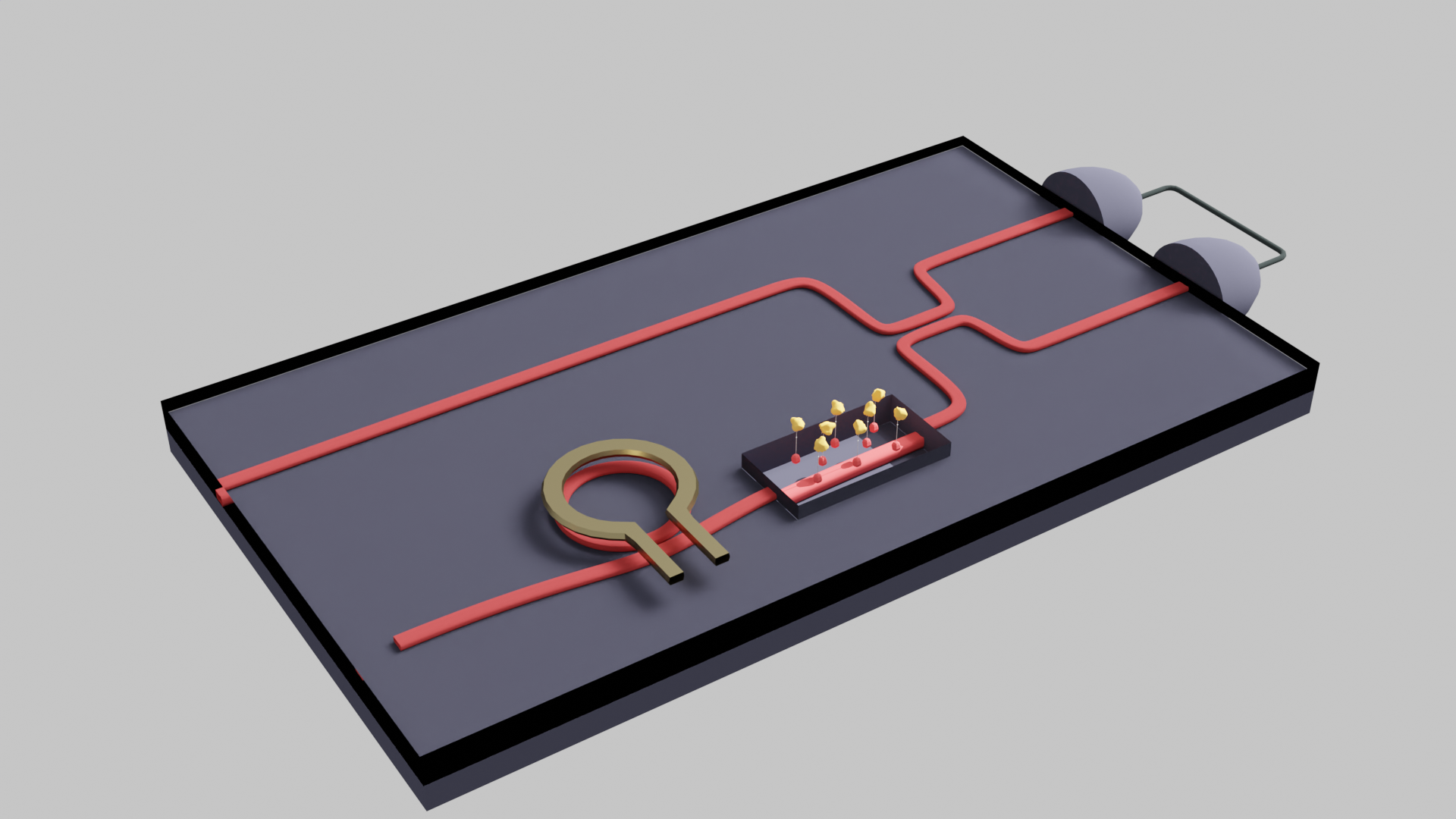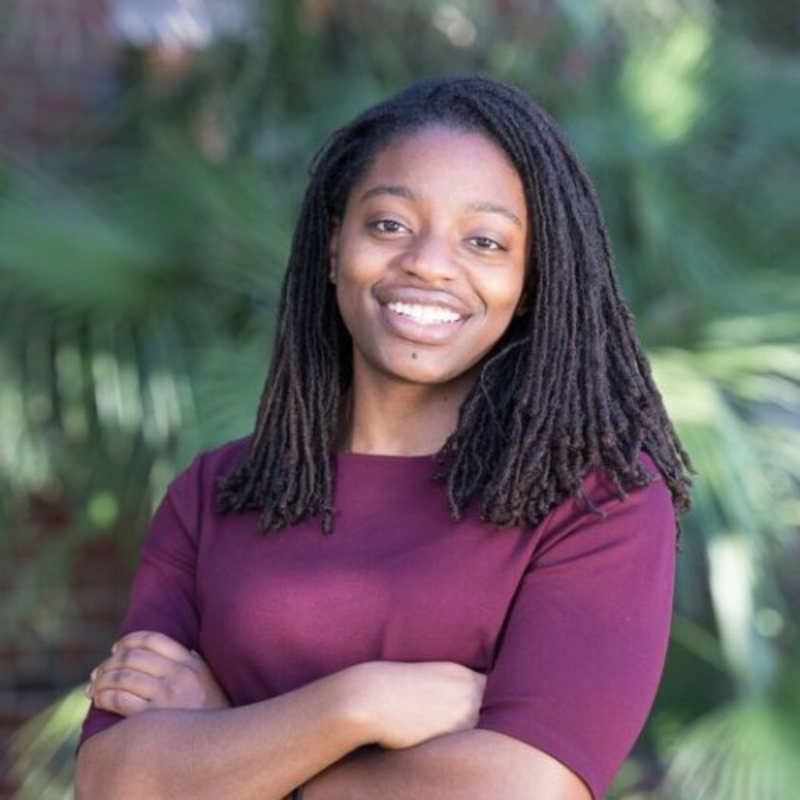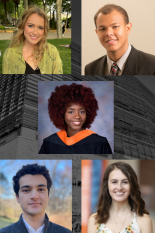News Story
Kollár Receives NSF MRI Grant to Enhance Micro/Nanofabrication Initiatives
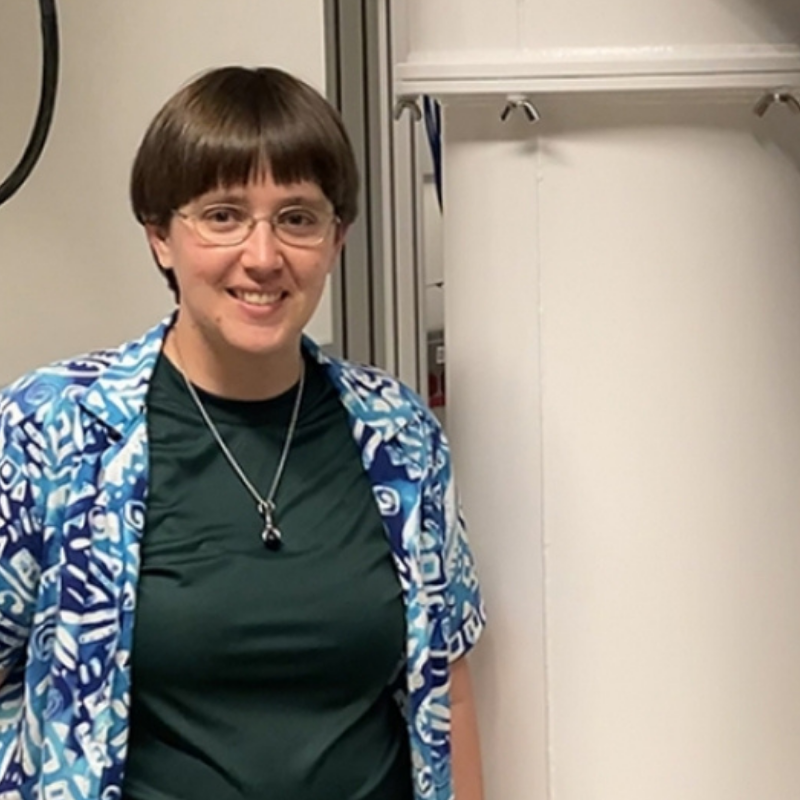
Alicia Kollár
Quantum Technology Center (QTC) Fellow Alicia Kollár is the principal investigator for a new National Science Foundation Major Research Instrumentation (MRI) grant. "Acquisition of a Maskless Aligner" is a one-year, $313,900 grant that will fund the acquisition of a Heidelberg Maskless Aligner photolithography tool (MLA150) to enhance micro/nanofabrication initiatives at the University of Maryland, College Park. Importantly, this award will benefit the entire UMD research community by providing an upgrade in equipment available to students, faculty, and staff.
Photolithography is the process of defining micrometer-scale patterns by using ultraviolet light to selectively expose defined patterns in a coating of light-sensitive polymer. It is a key process that underlies modern electronic devices from microcontrollers and processor chips to novel battery designs, biomedical devices, and even developing quantum-computer technologies.
The MLA150 instrument will allow Kollár and the broader UMD community to create state-of-the-art laser-print lithography patterns, thereby greatly reducing the expense and cost of developing new device designs. The instrument supports various research projects in materials science, nanoscience, energy science, and quantum science.
“The MLA150 will revolutionize the pace of device-design research at UMD,” says Kollár, who is also an assistant professor of Physics and a fellow of the Joint Quantum Institute (JQI). “Currently, if we want to change even the slightest aspect of a design, we have to wait weeks for a mask to arrive. With the MLA150, as soon as a design can be drawn in software, it can be written directly to the chip.”
The proposed MLA150 system is an essential yet powerful tool to promote a wide range of both fundamental and applied science studies, including realization of compact battery cells, improved micro-electro-mechanical devices, higher-quality quantum sensors, and novel superconducting-circuit devices.
Nearly every research project which makes use of the FabLab of the Maryland Nanocenter uses photolithography in some capacity, and they will all benefit from the speed and versatility that the MLA150 will bring. The instrument will provide research capabilities to increase new opportunities between diverse institutions such as higher education and not-for-profit scientific/engineering research organizations.
“My group will use the MLA150 to create superconducting resonator networks to realize artificial photon materials and synthetic quantum magnets, and others will use it to test miniaturized battery designs to optimize for longevity or efficiency, or to improve the consistency and throughput of microfluidic devices used for drug and cancer assays, or to design compact low power-dissipation packaging to improve the next generation of quantum sensors and make them viable for large-scale commercial deployment,” said Kollár.
Co-PIs for this grant include the following UMD faculty: Electrical and Computer Engineering and Physics Professors Ronald Walsworth (QTC Founding Director and JQI Fellow) and Mohammad Hafezi (QTC and JQI Fellow). Mechanical Engineering Professor and Associate Chair Don DeVoe, and Physics Assistant Professor James Williams (JQI Fellow).
Published September 21, 2021



